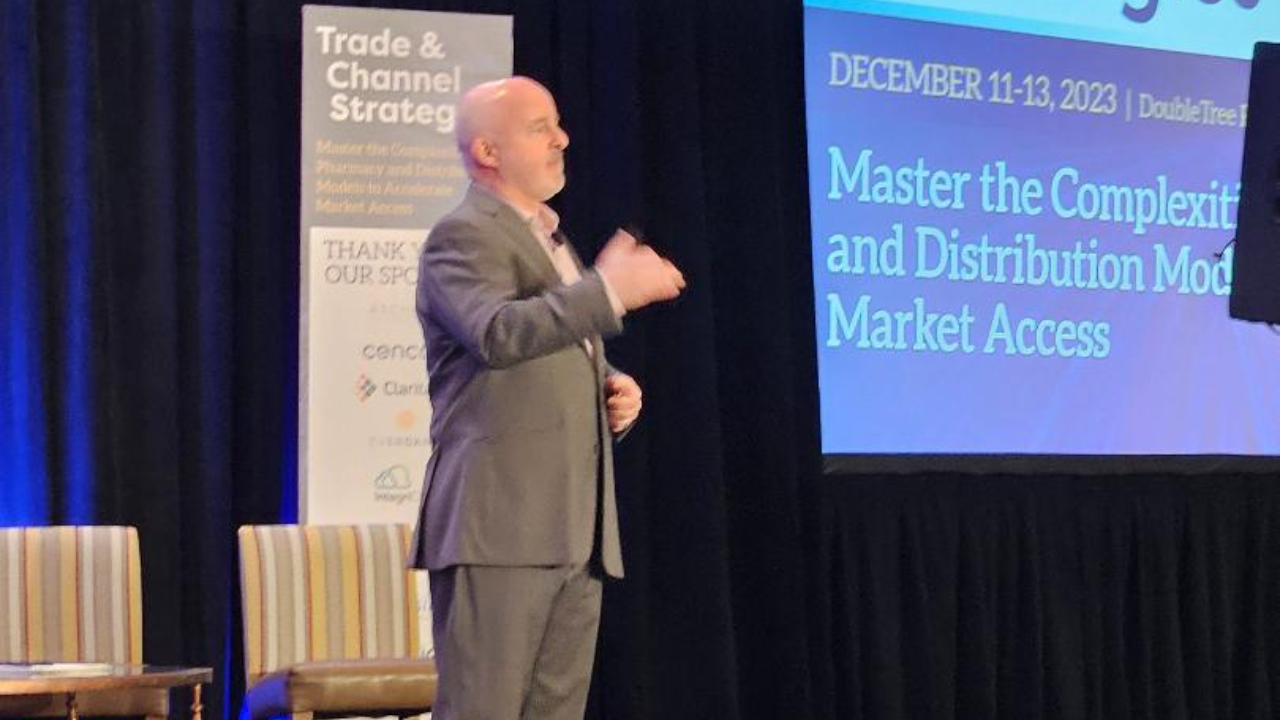Trade & Channel Strategies 2023: IRA—All the Things Beyond Price Negotiations That Will Impact Your Business
Breakout session summarizes key areas that will affect all aspects of the industry.

On Day 1 of the Trade & Channel Strategies conference in Philadelphia, its strong start continued with a presentation on factors of the Inflation Reduction Act (IRA) that will affect businesses throughout the US. The presentation featured Douglas Bock, Partner, Archbow Consulting. Bock’s video interview with Pharma Commerce, conducted on site, can be found here.
Bock kicked things off by stressing the need to consider the impact beyond the pricing negotiation pieces of the IRA while acknowledging the difficulty of getting to other areas without mentioning those price negotiations. Some of the areas that he spoke about included Buy and Bill expectations for the future, PAP business rules, 501(c)3 donations, and some updates on lawsuits by Merck, BMS, and PhRMA that challenge the provisions of the IRA.
“We think of it as the government trying to control price,” Bock stated. “But really, the IRA is about boosting clean energy credits. The second big thing about the IRA is increasing the enforcement of taxes and tax collection. There’s a big appropriation for the IRS. Really, the third thing is the healthcare component.”
Bock then directed the discussion towards the Medicare Part D redesign. Noting the IRA price negotiations are really a clever way for the government to shorten patent lives, he explained that the tail end of the allotted patent time will now consist of price negotiations which will reduce the financial benefits of the patent monopoly.
“The problem with the IRA from the industry perspective is that if you shorten that investment payoff period, it makes it hard to make investment decisions, and companies have said they’re not going to invest in small molecules,” he said. “There are a lot of downstream implications of this.”
There have been a number of lawsuits by pharmaceutical companies as a result of the IRA. Companies such as Merck and BMS have cited the act as unconstitutional and disruptive. However, there currently isn’t much information that’s available to the public on the pending suits. Bock stated that the multiple lawsuits could end up curtailing some features of the IRA but that the general public will have to wait and see.
“What I do suspect is that the law and the rules will shift a bit from what we have today, because there are so many uncertainties,” he explained.
Additionally, Bock brought up the emergence of alternative funding programs (AFPs), and their potential negative impact on the pharmaceutical industry. He described how these programs carve out high-cost products from patients’ benefits leading to concerns about cost shifting and a potential negative impact on innovation.
“A plan contracts with a PBM to manage patient drug benefits.But then the AFP model sort of cuts out the high cost drugs whose manufacturers offer generous free good programs for patients with financial needs,” Bock explained. “What they [AFPs] do is say, ‘hey, we’re going to carve out these products, they have their own AFP formulary, and now that the product is carved out, we’re going to say that the patient is uninsured.’”Because the patient is inappropriately deemed uninsured, then all sudden, they're eligible for the manufacturer protection system.”
In the coming years, Bock is calling for vigilance, considering the evolving landscape, legal challenges, and potential shifts in the pharmaceutical industry.
Reference
IRA—All the Things Beyond Price Negotiations That Will Impact Your Business. December 11, 2023. Trade & Channel Strategies, Philadelphia.